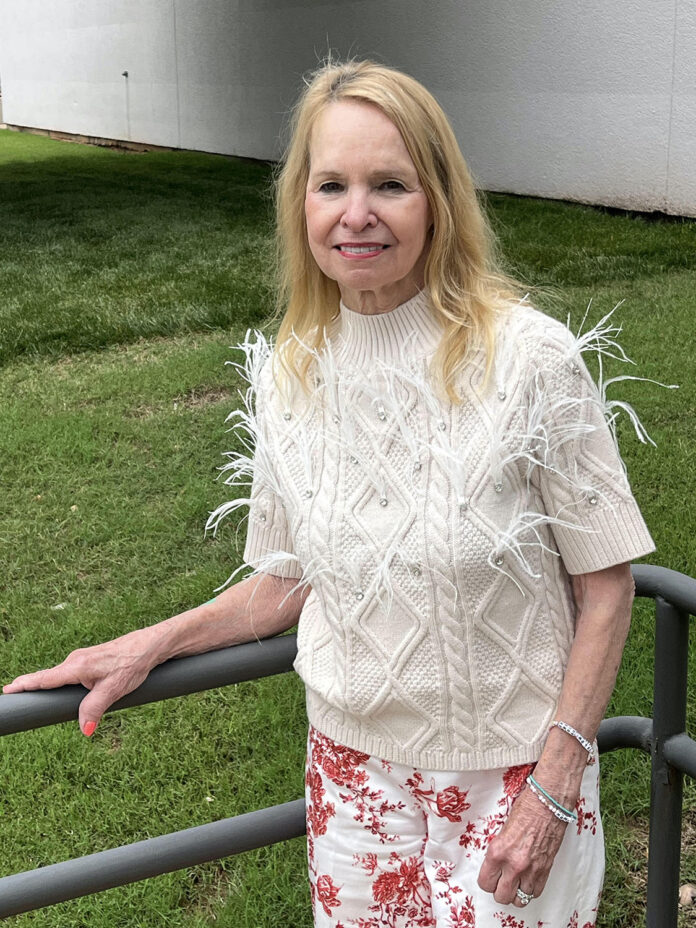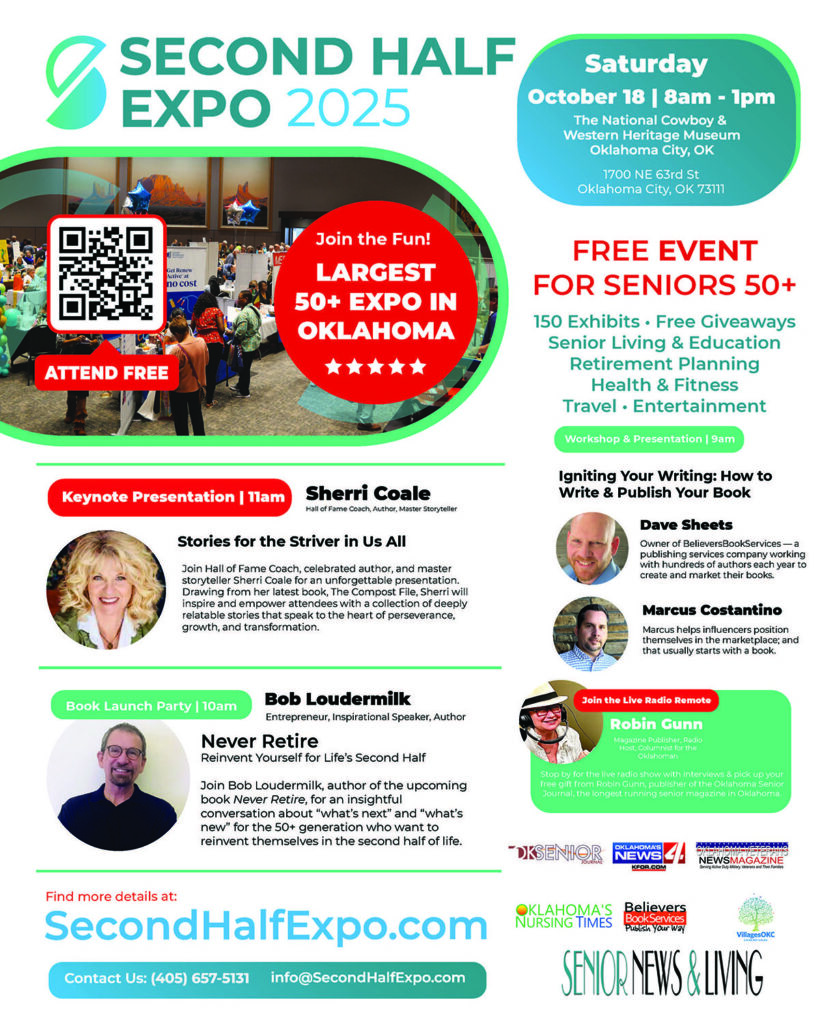
RN’s passion for behavioral health touches lives
By James Coburn, staff writer
Kris Harrison-Whitworth likes to meet her patients where they are in life. Some patients’ behavioral health disorders have never been diagnosed before coming to the Autumn Life Center for Geriatric Behavioral Health, located within OU Health Edmond Medical Center.
“You let them know who you are and what you’re going to do for them. You’re going to take care of them and ‘We’re going to help you feel better,’” Harrison Whitworth said.
She has done a lot of geriatric and psychiatric nursing since her career began 23 years ago. She came to OU Health Edmond Medical Center 12 years ago, working her first five years in the long-term acute care (LTAC) unit. Harrison-Whitworth learned a lot there while caring for patients within the unit living with a variety of comorbidities.
She worked in a nursing home during nursing school and part time as a psychiatric agency nurse. Her nursing experience also included serving at Griffin Memorial Hospital in Norman. Her experience flourished in finding her dream job at OU Health Edmond Medical Center.
Autumn Life Center is an inpatient behavioral health program developed to meet the unique needs of mature adults, ages 55 and older. This geriatric psychiatry program addresses and seeks to relieve the suffering that occurs due to changes in emotional, mental, and behavioral wellness. Issues may include schizophrenia, bipolar, and dementia. They may have experienced incremental periods of sadness and grief that culminated into a deeper depression until being addressed at Autumn Life Center.
When referred by a physician, family members having difficulty controlling a loved one will often accompany their loved one with dementia to the center. The behavioral unit may provide medication adjustments.
“Especially in the geriatric population, some people are living on their own still and driving that shouldn’t be,” Harrison-Whitworth said. “Their memory is not good and they’re not being safe on the road. A lot of families, if they don’t see them often or see them rarely — a lot of times they see a huge change. But if they’re around them, it’s more of a gradual decline and they don’t notice it as much. “They will say, ‘We go over and see mom’ or ‘We live next door.’ That’s how they try to handle things.”
People living with bipolar, or schizophrenia may be at home taking their medicine as prescribed. The medicine helps them to feel good, and they decide to stop. This only exacerbates more problems.
The staff tries to separate elders living with major depression disorders from patients who are more agitated. Patients are separated into groups during the day. Sometimes a patient may sense something is not right with themselves but cannot quite figure out the problem,” Harrison-Whitworth explained.
“So, we test them up there every time they come in. A standard test gives you a good idea where they’re at,” she said.
That way the staff can share the results with family members to alert them that it may not be safe for their loved one to return home by themselves. The family may consider transferring their loved one to a memory center or nursing home with a dementia unit.
There have been moments with patients that have touched Harrison-Whitworth’s life.
“I’ve fallen in love with a lot of my patients,” she said. “You just get to know them. Even if they have memory issues, we get attached to them and they get attached to us.”
Harrison-Whitworth likes learning what the patients did for a living.
“I think that’s really important. That way you can have conversations and a lot of times their long-term memory is good. Their short-term isn’t,” she continued. “They can tell you all kinds of things. I’m very close to veterans. I just feel like anybody that has served our country deserves the highest care that we can give them. We still have a lot. We’re talking Afghanistan, Iraq, and Agent Orange during the Gulf War. We still have patients from that, and they’ve been through a lot.”
Several of the veterans live with post-traumatic stress disorder (PTSD). Suicide risk among veterans in the U.S. is 57 percent higher risk than those who haven’t served. In 2021, there was an average of 17.5 veteran suicides per day – 6,392 in total, according to Cohen Veterans Bioscience.
Persons with PTSD are often misunderstood. And it is not good to tell someone with major depression or PTSD to snap out of it. Harrison Whitworth said it’s amazing how guide dogs can help with PTSD. The Autumn Life Center had a therapy dog until the COVID-19 pandemic began in 2020.
“Every time he would come up the patients loved him, and he loved the staff, too,” Harrison-Whitworth said.
Studies have shown that dogs can lower their owners’ blood pressure. They provide unconditional love.
“The families that come in a lot, they begin to trust you knowing you’re going to take care of their mother or father, and they can feel good about it,” she said.
Patience is essential for being a psychiatric nurse, Harrison-Whitworth said. You must pick your passion in nursing, she added.
Harrison-Whitworth knows the importance of family support. She and her husband, also a nurse, enjoy relaxing or playing with their dogs at home.













